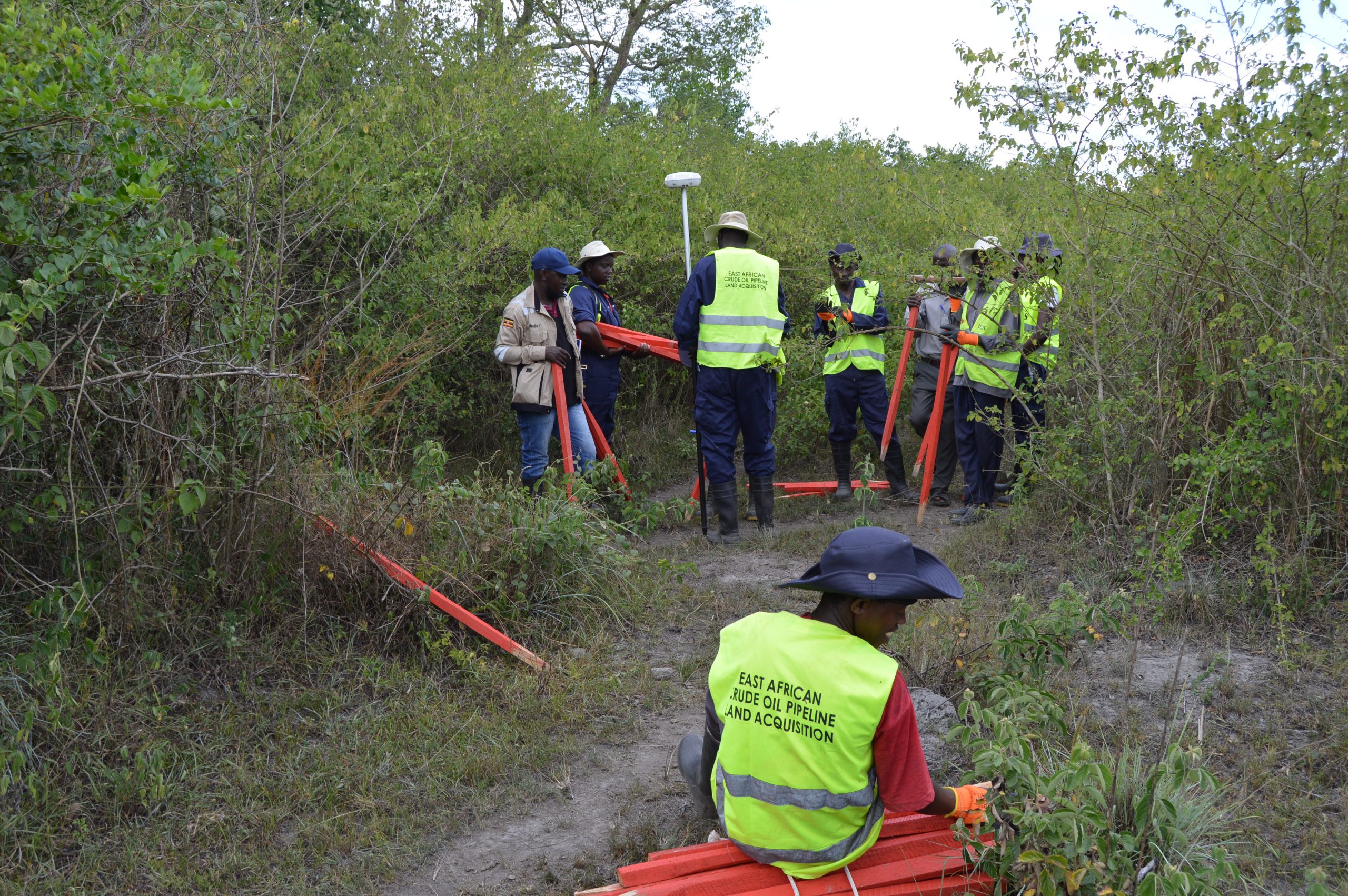
By Ali Ssekatawa, Director Legal and Corporate Affairs
Kampala, 17th July 2020.
The oil and gas sector in Uganda is at a critical stage. The commercial negotiations which will impact both the profitability and the sector’s contribution to inclusive development are in final stages. The infrastructure required to commercially produce the Country’s 6 billion barrels of oil and gas resources has been clearly defined. This includes the precise location for the various infrastructure.
This infrastructure includes well pads and flowlines, crude oil pipelines, central processing facilities, a refinery, base camps and access roads, among others. These facilities are being set up for four key projects; the Tilenga and Kingfisher projects (for development of the fields and production of the crude oil) together with the Refinery and the East African Crude Oil Pipeline projects (the commericalisation projects).
Since Uganda’s oil and gas resources are onshore, the above facilities will be developed on private land acquired from the communities. Additionally, some of the required land belongs to Government entities. The said land is acquired after prior, fair and adequate consent and/or compensation of the communities affected.
The halt in field activities for land acquisition for the East African Crude Oil Pipeline (EACOP) project (and likewise for the Kingfisher and Tilenga projects) as a result of scaling down of project related activities and later the COVID-19 pandemic has caused anxiety among the Project Affected Persons (PAPs). In addition, false reports wrongly state that PAPs have been stopped from using their land while others have been forcefully evicted without compensation. There have also been allegations that the PAPs were made to sign compensation forms without adequate information.
The Petroleum Authority of Uganda acknowledges the delay in the compensation process; however, no PAP has been evicted or stopped from using their land as has been portrayed.
The 1,443km EACOP will transport Uganda’s crude oil from Kabaale in Hoima district to Tanga in Tanzania, for export to the international market. It will be buried to a depth of about 1 metre below the ground for all its length. In Uganda, the EACOP will cover 296km, through ten (10) districts (Hoima, Kikuube, Kakumiro, Kyankwanzi, Mubende, Gomba, Sembabule, Lwengo, Kyotera and Rakai). The EACOP will be laid in a 30 metres corridor and the land for this has already been identified by Government. The Kingfisher project covers Kikuube and Hoima districts, whereas the Tilenga project covers Buliisa and Nwoya Districts.
All the PAPs for the projects have been identified, and the affected property assessed and valued. During the assessment and evaluation exercise, all PAPs (and their spouses) are required to sign on their assessment forms to confirm that what has been captured is indeed what has been taken stock of by the valuers and assessors. This is done in the presence of local leaders, district leaders, Government representatives including staff of PAU. There is always translator from the community who interprets the information in the local language to the PAPs. All PAPs are given a copy of the assessment form.
The information captured is then compiled into a Valuation Report that states the compensation award for each PAP. Compensation rates for crops and structures are determined by the District Land Boards while land rates are determined based on market value. All these are based on prevailing market rates for the financial year in question.
The PAPs will be compensated as per the valuation reports approved by the Chief Government Valuer (CGV), Ministry of Lands, Housing and Urban Development. On approval of the Valuation reports, the compensation amounts are individually disclosed to the PAPs in the presence of their spouses. A cutoff date is announced after taking stock of affected land and properties. The announcement is meant to inform PAPs that any and all improvements made on the land following that period would not be eligible for compensation. A cut off date is essential for any project to progress from assessment to actual compensation.
Following the assessment exercise, the PAPs were advised to continue with cultivation of seasonal crops, but any new permanent structures or long-term crops would not be compensated. The PAPs would also be allowed to harvest all their crops and salvage any materials after compensation. Each PAP is aware of the boundaries of the project land and as such free to utilize the land outside the project footprint as he/she wishes.
The PAPs are only required to vacate project land following receipt of full compensation for said land. Currently, the only PAPs that have been requested to vacate project land are those in Tilenga Development Project RAP 1 and Kingfisher Development Area (KFDA) RAP 1 both of whom have been fully compensated and their resettlement houses completed. All PAPs that have not been compensated remain in possession of their land and are free to keep utilizing it, within limits. Several livelihood restoration programmes in agriculture, business, financial literacy and skilling are also implemented as part of the package to support PAPs transition.
The PAPs are therefore allowed to utilize their land post cut-off date announcement with the understanding that new developments will not be compensated, but crops can be harvested and any materials salvaged. All land surrounding and outside the project area is however not affected by the cut off dates.
It is therefore prudent to note that nobody has been evicted from their land. After compensation, a notice to vacate will be issued with timelines with in which the affected persons must move/ relocate from the project land. The PAPs are therefore encouraged to continue using their land as the process for compensation is fast tracked by Government. The delays occasioned by the COVID-19 pandemic and other challenges such as absentee landlords are regrettable; Preparations are in high gear to resume the compensation processes within a month’s time subject to the Ministry of Health Standard operating procedures.The PAU will ensure that all PAPs are promptly, fairly and adequately compensated
End
For more information; Email: corporateaffairs@new.pau.go.ug
